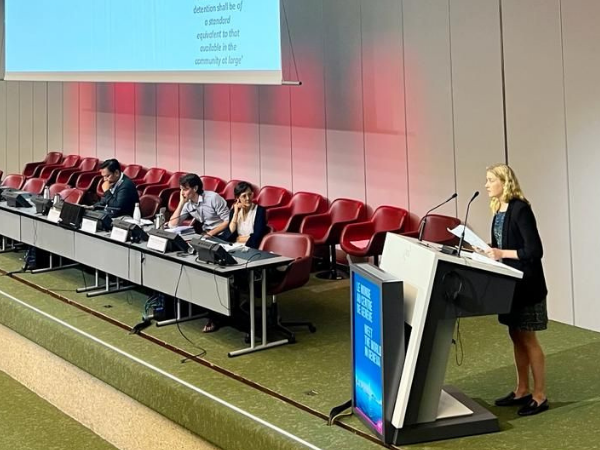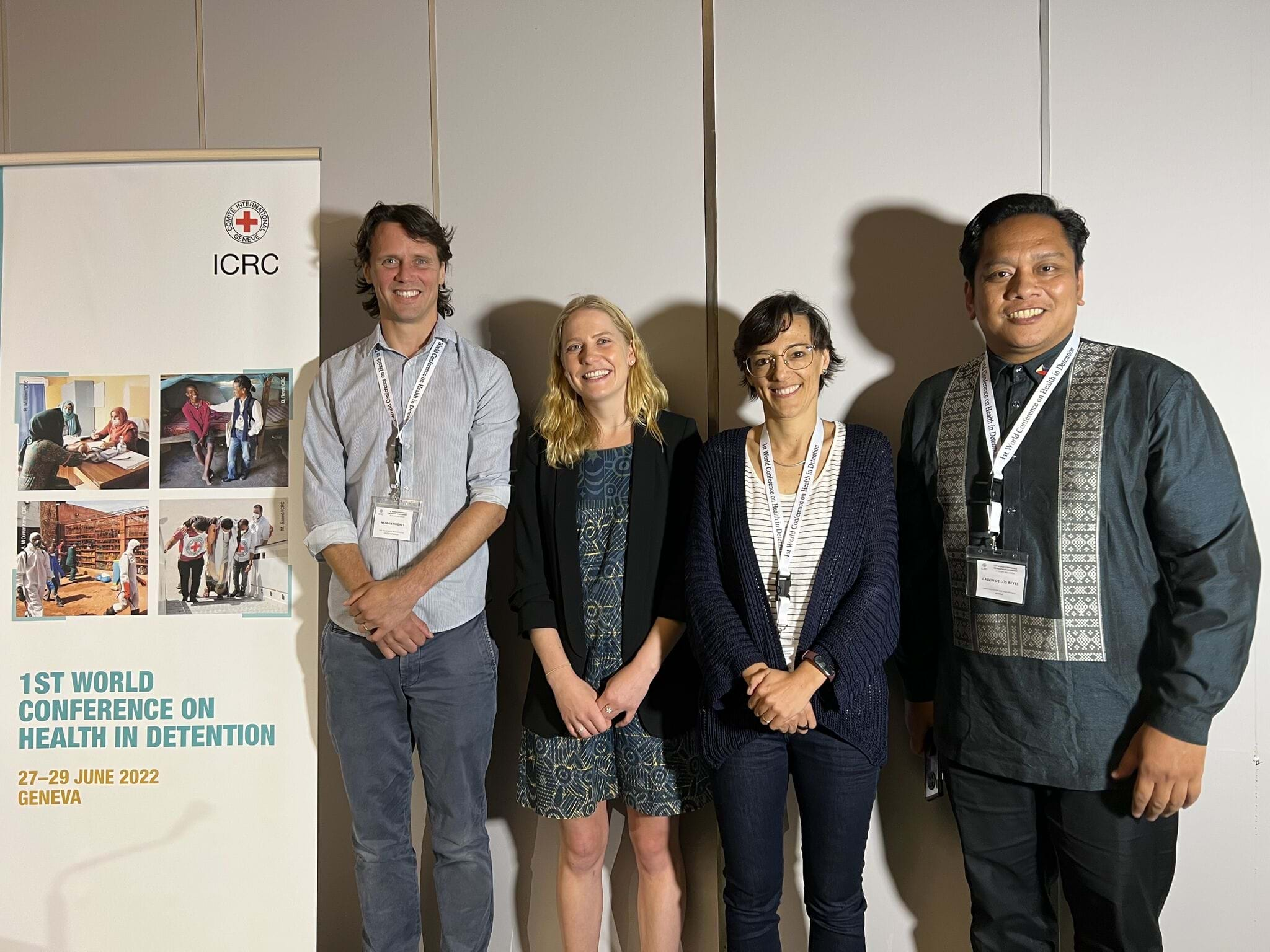03- 02- 2023
Dr. Alexandra Phelan, 2013 Pratt Foundation John Monash Scholar, is renowned worldwide as a leader in global health law. She is recognised for her expertise in both international law and infectious diseases and the effect of global change events on health, including topics related to planetary health such as biodiversity and climate change.
Most recently, Dr Phelan has been appointed as Senior Scholar and Associate Professor at the Center for Health Security at Johns Hopkins Bloomberg School of Public Health. We spoke with Alexandra about her academic journey, the impact the John Monash Scholarship has made on her career and her current professional ventures as a professor, scholar and leader.
Understanding how the legal system affects vulnerable people |
As a criminal lawyer, living and working in Miriwoong Gajerrong country in Kununurra in the East Kimberley region of Western Australia, Sienna Lake (2023 Dame Quentin Bryce AD CVO John Monash Scholar) understands the need for legal and civic reform. In her recent interview with Lawyers Weekly, she impresses the need for more First Nations input to improve the Australian legal and court system to be less punitive and more culturally appropriate.
With her John Monash Scholarship, Sienna plans to study a Master of Social Anthropology with a legal focus at the London School of Economics and is particularly interested in how Aboriginal and Torres Strait Islander people experience law and interact with the legal system in regional and remote areas in Australia. Read more here.
|
As part of an international collaboration, 2007 John Monash Scholar Associate Professor Owen Siggs, has co-authored a new study identifying a new gene mutation responsible for early onset glaucoma in children.
Despite its rarity, childhood glaucoma is responsible for five percent of cases of child blindness worldwide affecting children from birth to the age of three. The discovery may improve disease screening and personalise treatments, and the power of collaboration.
“There’s such incredible genetic diversity across the globe, and comparing this information is becoming more and more critical for discoveries like this.”
Associate Professor Siggs is currently a Senior Lecturer at Flinders University, Junior Doctor at the Royal Adelaide Hospital, a Visiting Scientist at the Garvan Institute of Medical Research and is the inaugural Snow Fellow, an $8 million dollar award for innovative medical research. Read more here.
Concussion could lead to potential brain damage at a later age, new study claims
Repeated concussions have been linked to declined brain function in later life, according to new research conducted by the UNSW Sydney in collaboration with the Oxford University and the University of Exeter. 2020 Tim Fischer John Monash Scholar Dr Matthew Lennon, a PhD Candidate from the Centre for Healthy Brain Ageing at UNSW Medicine and Health has led the UK based initiative with findings published in the Journal of Neurotrauma.
The PROTECT-TBI Cohort Study identified people who had reported experiencing three or more concussions during their lifetime had lower cognitive function at baseline than those with no concussion history.
“Our findings suggest concussions are associated in the long-term with a fixed chronic deficit that seems to increase with each additional TBI,” said Dr Lennon.







